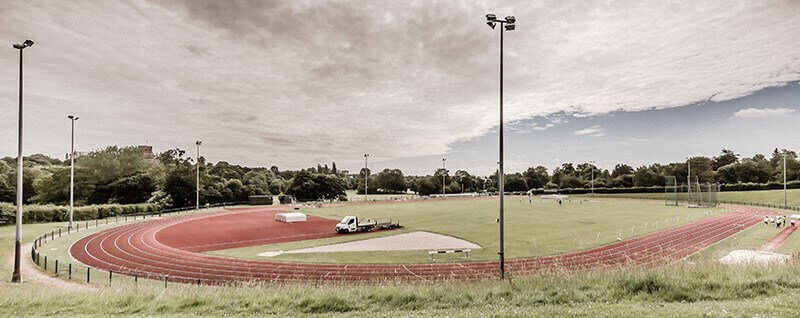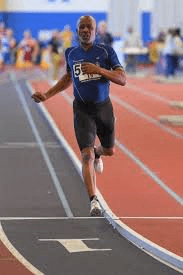At 71, he’s still outrunning the ageing curve
Charles Allie is 71 years old, and he is fast.
Chances are, he is a much faster runner than you are — faster, in fact, than you ever were. Last year in Spain he broke his own world record in his age group for the 400 meters by more than a second. He crossed the tape in 57.26 seconds.
Plenty of people never come close to running 400 meters in less than a minute. Allie has been breaking one minute since he was a child. Now, he beats his competitors — the other fastest men in the world who are his age — by 30 or 40 meters.
He set the world record in the 200 meters for the over-70 group last year, too. Still not impressed? At the World Masters Athletics Championships, he dropped down an age division and won two relay gold medals with the 65-year-olds.
“I’m just addicted to speed,” Allie said at the kitchen table in his Pittsburgh home on a recent morning. He had eaten oatmeal and fruit for breakfast.
Track and field is a sport of outliers. Sprinters weren’t supposed to be 6-foot-5. Then Usain Bolt of Jamaica rewrote the record books. Breaking two hours for the marathon was long considered impossible. Now Eliud Kipchoge of Kenya is within 99 seconds of the mark. Jackie Joyner-Kersee’s world record in the heptathlon has stood for 31 years.
Allie is blessed with incredibly fast legs and a body that ages at a frighteningly slow rate. He said his weight has not fluctuated by more than 5 pounds in 25 years. He is rarely sick and has not had a major injury. He strained his Achilles tendon in 2008. Right now, he said, he is dealing with achiness in his hip.
Allie won city championships in high school in Pittsburgh. He attended Hampton University in Virginia, where he was a couple of clicks below national and world class. He competed in the occasional track meet in his 20s and 30s as he taught industrial arts and coached middle school sports.
Then he turned 40 and began masters competition. He found that he had lost less speed than his contemporaries: The pack had come back to him, and even fallen behind.
Michael Joyner of the Mayo Clinic, a leading researcher of exercise and physiology, said Allie’s performances put him at the very edge of the aging curve, in which athletic performance declines at least 6% per decade. But given all the injuries sprinters are susceptible to, Allie’s crazy-slow fade is even more striking.
“When you are running seven- or eight-minute miles, you’re not exploding your legs the way these guys do,” Joyner said. “Clearly he stayed fit.”
Allie eats healthfully and has run in the Penn Relays every year since he was 40. If he has two hard workouts in a row, he will take a day off.
“I need my rest,” he said. He also visits a YMCA for weight training a few afternoons a week, trying to ward off the inevitable decline of fast-twitch muscle fibers.
Allie also coaches at Nadia, a track club in Pittsburgh. He said working with children, some as young as 6, helped keep him young.
They call him Coach Buddy. They travel to Philadelphia to watch him compete in the Penn Relays. If he misses a workout in the morning, he laces up his spikes and runs with them. Like everyone else, they can’t believe how fast he is.
“You have to push yourself to keep up with him,” Kamili Wiley, 13, said. “It’s crazy.”



